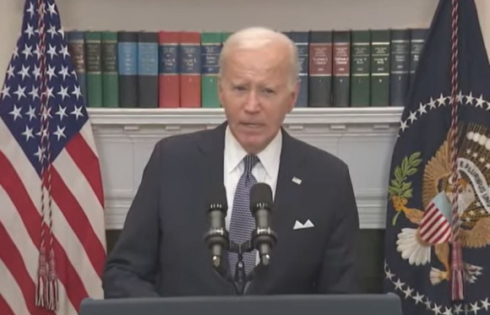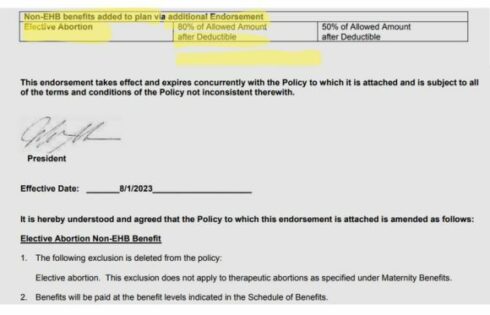
No different than a ‘law-enforcement scandal’
The campus sexual-assault adjudication system imposed by the Obama administration over several years is crumbling under the weight of court decisions around the country.
The 6th U.S. Circuit Court of Appeals imposed the most stringent requirements for campus due process in the country, and a new class-action lawsuit against Michigan State could spell doom for its peers across the 6th Circuit’s four-state jurisdiction.
The 7th Circuit just threw out a proceeding by Purdue, scolding the public university for hiding evidence from the accused and siding with an accuser who never even provided a statement in her own words. The authors of both opinions are on President Trump’s Supreme Court shortlist.
California state judges – untouched by Republican nominations or voters – have seriously screwed over both public and private colleges in the Golden State, ordering them to offer greater due process.
As a result, findings and punishments issued under campus proceedings are getting overturned. That is correct – and it’s also lamentable in some cases.
Surveying this evolving legal landscape, David French writes in National Review about the hidden victims of campus kangaroo courts: actual victims of sexual assault.
The former president of the Foundation for Individual Rights in Education compares the Obama administration’s policies, issued without the force of law but treated as legally binding, to a “law-enforcement scandal”:
When law enforcement cuts corners and violates the Constitution in its zeal to prosecute those it has already presumed to be guilty, courts can and do set aside convictions even when guilty men go free. There is no other effective remedy for systematic due-process violations. Perversely, that’s the dynamic the Obama administration helped create on campus. When it mandated campus prosecution without meaningful due process, it fatally undermined its own policy.
Even when courts allow colleges to conduct new proceedings – and possibly reach the same result via a fair process – actual victims will “face the trauma of relitigating the worst day of their lives through absolutely no fault of their own,” French writes.
The point of due process is not to favor one party or another: It’s simply the best vehicle for truth-seeking that’s available under heaven. French explains:
Basic elements — such as the right to see the evidence against you, the right to cross-examination, and the right to legal counsel — are indispensable to finding the facts when claims are disputed. They grant us a degree of confidence that real justice has been done.
This is what most colleges still refuse to permit unless and until a court forces them to do otherwise, and sometimes even not then.
Many presidents made a grand show of spurning the Title IX regulatory revisions proposed by President Trump’s Department of Education, in the name of victims. But they are further victimizing the victims with their reckless disregard for confidence-building proceedings, French says:
It’s a deep shame that many of these women will now see their abusers vindicated in part because their “allies” tossed aside centuries of hard-earned wisdom. They thought they knew better. But they did not.
It’s also a shame that those who created and enforced this guilt-first adjudication system, including the current chair of the U.S. Commission on Civil Rights, will never suffer meaningful consequences for the innocent lives they ruined.
MORE: University of California dares courts to make it provide due process
IMAGE: Artsplav/Shutterstock
Like The College Fix on Facebook / Follow us on Twitter






Please join the conversation about our stories on Facebook, Twitter, Instagram, Reddit, MeWe, Rumble, Gab, Minds and Gettr.